A day in the life of a PGY-3: schedule and reflections. What residency would look like day-to-day was difficult for me to imagine as a medical student; and even each year’s schedule has sometimes been hard to fathom one PG-year to the next. In thinking about how to capture my experience of residency, I thought no better way than to share my calendar and reflect.
7:30 AM: Wake up (or hit snooze for 10 minutes), and get ready for the day.
8:00 AM: Leave the apartment for my walk to work; listen to my audiobook.
8:30 AM: Get settled on Wang 8, the MGH outpatient clinic building.
Opening up my Match Day letter in March 2022, I was beyond thrilled to be joining MGH/McLean Psychiatry, having been drawn to the program for its strong clinical focus and access to research opportunities with mentors I admired. In the excitement of next steps, my only worries were around Boston living, both in the sense of finding housing, but also in the sense of community. My partner and I moved cross-country for my intern year, keeping our expectations low in a new and notoriously expensive city.
We were surprised at the number of resources available to us. As a resident I qualified for Harvard housing, a lottery system for subsidized apartments and houses in Cambridge and Boston. Because I had received a Pell Grant in college, I also qualified for an additional grant through the MGH system which would be disbursed over three years, significantly alleviating cost of housing. Through luck and many hours of Zillow searching, we found our apartment, a 30 minute walk from MGH and nestled in a vibrant neighborhood of artists. Our 2 years so far have been some of the most connected we have felt to the community and neighbors around us, filled with potlucks and movie nights, and a new chosen family.
9:00 AM: Start my clinic day, a mix of weekly psychodynamic therapy and CBT cases, along with weekly therapy supervision.
One of the most meaningful parts of residency for me has been learning to be a therapist. This program has provided so many opportunities to explore my interest in this realm. As a PGY-2, I helped organize a psychodynamic reading elective with some of my co-residents, where we read theory and discussed cases each week, to supplement the already-incredible psychodynamic therapy didactic series led by Dr. Bob Waldinger. I joined the Program in Psychodynamics (known as PiP) my second year, which hosts monthly dinners at a faculty member’s home, where we discuss interesting cases and learn from one another over delicious home-cooked meals. This year I hope to take an “Explorations in Mind” course with the Boston Psychoanalytic Institute, an organization where many fourth years complete a residency-subsidized one-year fellowship. It’s been exciting to feel my interest grow through these opportunities, and has shaped how I imagine my future career.
12:00 PM: Lunchtime! Depending on the day, lunch is provided by the program, alongside educational Resident Report presentations, faculty-resident social lunches, program meetings or simply informal catch-up with friends.
My co-residents are, hands down, the best part of this program. This group of kind, fiercely compassionate, caring, funny and quirky folks already feel like life-long friends. Whether we’ve bonded as a Blake 11 or APS pod; through “gossip rounds” before didactics; or during weekend dinners and outings, I feel so grateful to be connected to everyone in my PGY-3 year, and to most of the residents in this program.
1:00 PM: Back to my clinic day, an afternoon of psychopharmacology follow-ups and coffee breaks with co-residents.
I was initially nervous about starting outpatient clinic in third year, as I have always mostly enjoyed inpatient and acute settings. While the beginning felt overwhelming at times, it was a surprisingly quick (and fun!) transition, made smoother by support from our staffing attendings and outpatient chiefs. The autonomy and agency of having my own patient panel has been a really fulfilling experience and often a strong reminder of why I went into this field.
5:00 PM: Wrap up for the day.
My evenings vary week by week. A few nights a month, I take overnight call in the Acute Psychiatry Services (APS), an emergency psychiatry service which was one of my favorite PGY-2 rotations. As a senior, these shifts can be busy covering the consult-liaison psychiatry and inpatient psychiatry units, but I still find ways to have fun, especially in the teamwork aspect of working together with attendings and PGY-2s (which may or may not include a portable disco light in the workroom). Other evenings, I take moonlighting shifts at McLean or in the APS, which are voluntary (and can help fund a fun vacation). As co-leader of the LGBTQIA+ interest group, I might go to one of our book club discussions or dinner events. Outside of work, I may find myself at a late-night art museum event with my partner; catching up over a meal with friends; or taking an aerial hoop classes at the local circus studio.
Without minimizing the challenges of residency, and the ups and downs of being in the uniquely vulnerable position of a trainee, I am so very grateful to have matched at this program. Even when the schedule of the day is quite tough (and extends into the middle of the night on a call shift), I feel buoyed by the small joys of seeing my co-residents; by the encouragement (and often, snacks) provided by our attendings; and by the deep meaning I find in my work. It’s been nice to end each day feeling like I chose the right career and the right program to pursue it.

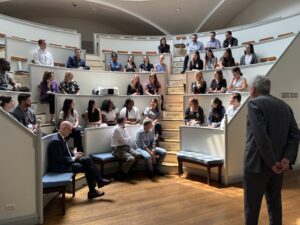
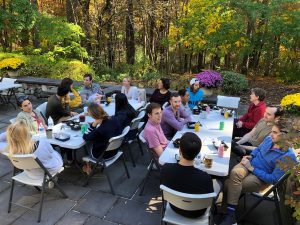
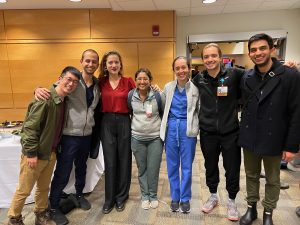
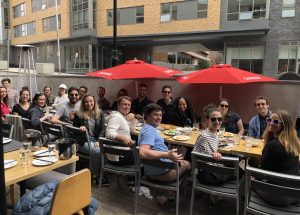
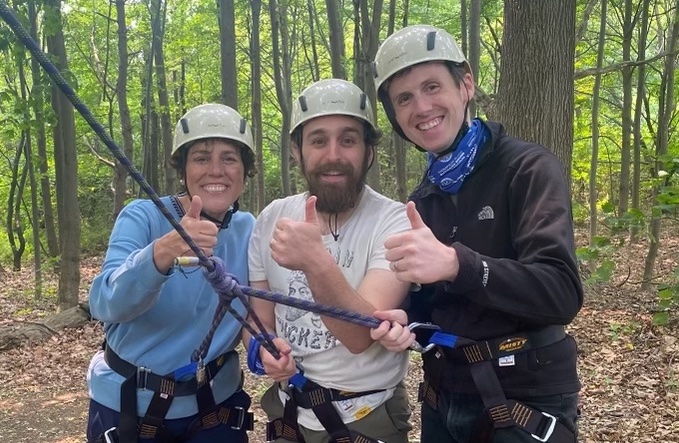
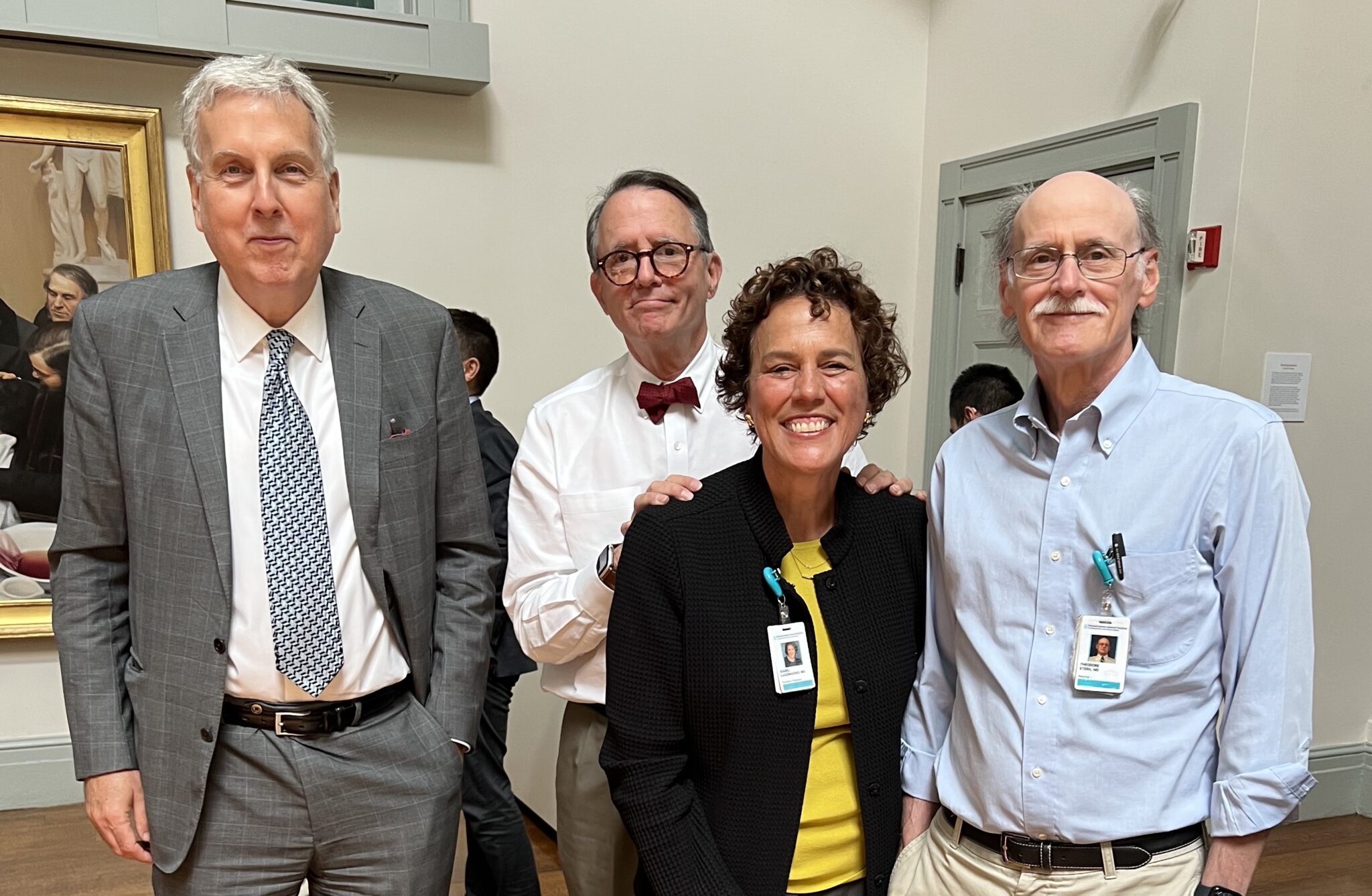

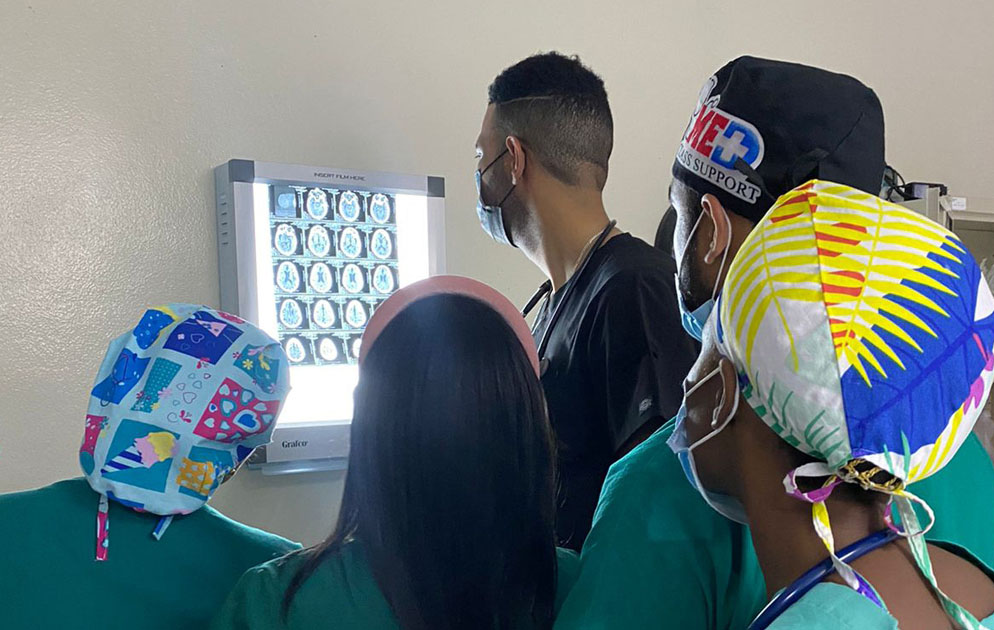
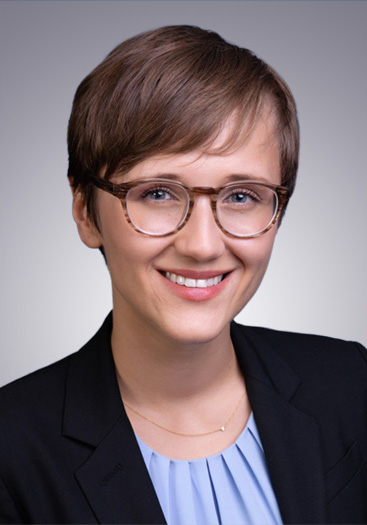
 Return to Resident Perspectives
Return to Resident Perspectives
